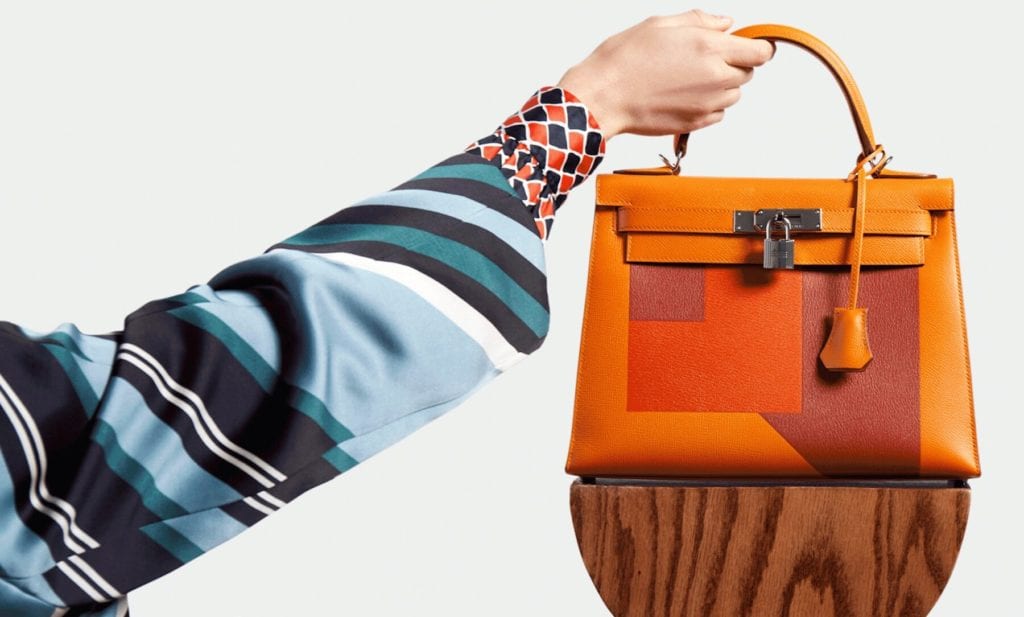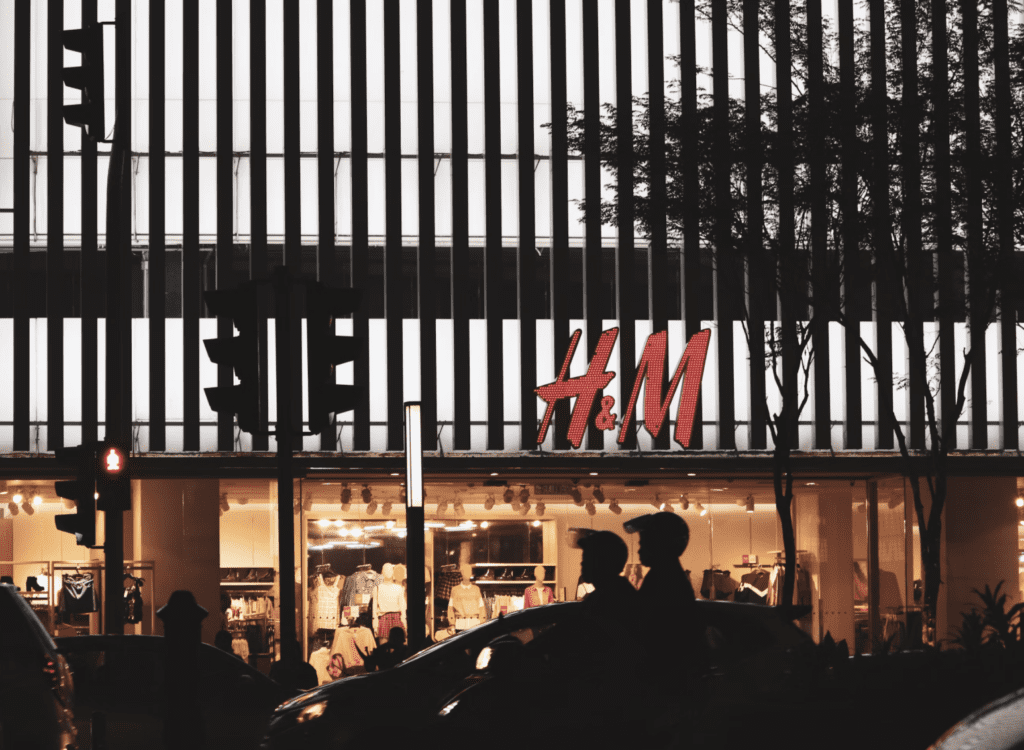The RealReal revealed boosted revenue and increased user numbers for the third quarter of the year as the $200 billion resale economy continues to find fans in fashion-focused consumers. The number of active buyers using the upscale consignment platform grew to 543,000, up from 492,000 for the last quarter, and sales – for products that range from pricey Hermes Birkin bags and Phoebe Philo for Celine-era wares to buzzy streetwear goods from Supreme and Off-White – swelled to $80.5 million for the three months ending September 30, up from $30 million last quarter.
Such growth does not come without costs for The RealReal, which made its NASDAQ debut this summer and has since been valued at $2 billion. While the San Francisco-based company expects to sell nearly $1 billion worth of pre-owned luxury goods in 2019, having already sold upwards of $700 million in merchandise this year, its losses are still growing, topping $25 million for the quarter and $75.3 million for the first nine months of the year, as a result of its cash-intensive business, which includes the “cost of authenticating, merchandising, shipping, and accepting returns for all the items it sells.”
The cost of authentication is proving to be a sticking point for the 8-year old reseller, which has routinely faced criticism about whether or not it is actually making good on the primary tenet of its business: real.
In a recent investigation, CNBC took issue with the veracity of “100 percent real” tagline and the authentication process being used by world’s largest luxury consignment site. Pointing to intel from “nearly three dozen former employees, unsatisfied customers around the country and internal company documentation from 2018 that shows that copywriters … have been tasked with authenticating some of the items that go on The RealReal’s site,” CNBC said it “found real questions” about the resale titan’s methods.
The RealReal confirmed earlier this year that copywriters do, in fact, authenticate products that it identifies as “low-risk,” while more trained professionals are charged with handling “high-risk items.” Nonetheless, “I don’t think anyone had enough training at the end of the day,” former The RealReal employee Chanice Parchment told CNBC. “The fakes are getting really good, [and] it’s so much product. It’s really hard for someone to properly authenticate something when they’re not probably the best qualified to be even doing that in the first place.”
This is not the first time that The RealReal has faced pushback over the authenticity of its products. In November 2018, Chanel filed suit against the company , alleging that it has built a business by making claims about the authenticity of its products that it cannot back up. The Paris-based brand claimed in the still pending suit that in addition to engaging in trademark infringement and unfair competition as a result of its use of Chanel’s name to promote its site and its products, The RealReal is on the hook for selling fake bags, an assertion that the company says is nothing more than “a thinly-veiled effort by Chanel to stop consumers from reselling their authentic used goods, and to prevent customers from buying those goods at discounted prices.”
Additional reports have similarly called into question whether The RealReal’s efforts to weed out fakes are enough in light of the growing sophistication of modern counterfeit goods and the increasing scale of the company, itself, and the volume of its offerings.
As the Wall Street Journal stated in June, just ahead of the company’s initial public offering, “Key to [The RealReal’s] success is battling a booming trade in counterfeit goods and getting shoppers to trust it enough to pay $4,700 for a used Chanel jacket or $7,500 for a Rolex watch,” which is not made easier by the fact that “like other sellers of secondhand merchandise, The RealReal gets almost no help from brands in identifying genuine products from copycats.”
“That makes the authentication process time-consuming and filled with educated guesswork,” the paper’s Suzanne Kapner stated. “It is also hard to scale as the company grows. It took 20 hours to measure every diamond in a Graff necklace the company vetted for sale this year, said Julie Wainwright, The RealReal’s founder and chief executive, in an interview in January.”
The company is, of course, adamant that its efforts are above-board. In a statement to CNBC, a rep for the company said that “unlike most resale companies, The RealReal takes possession of all items and physically evaluates every one to authenticate it,” noting that “all items are put through a thorough, brand-specific authentication process by our trained team of luxury experts before they are accepted for consignment.”
That team consists of “more than 100 gemologists, horologists and ‘brand experts,’ as well as hundreds of additional trained authenticators,” which The RealReal says is “armed with tools and technology, as well as authentication guides,” and “receives daily training updates to stay ahead of the latest developments from brands and counterfeiters.”
Yet, despite The RealReal’s efforts and its inherent interest in offering up authentic products since its reputation absolutely depends on it, chatter about the authenticity of its products has not quelled, and in fact, only seems to be getting louder, which is concerning since, as CNBC stated on Tuesday, “The promise [of authenticity] is key to the brand’s identity: the idea that the company takes an extra step to ensure items are authentic,” and citing “several analysts” said that the company’s “valuation could be hurt if consumers stopped trusting this promise.”
The RealReal has since stated that “CNBC’s report does not accurately represent the depth of our team’s expertise and the thoroughness of our authentication process.” A rep for the resale site told TFL on Tuesday that The RealReal “has a rigorous authentication process, [which] is core to what we do and central to our brand.” In furtherance of that, “We make every effort to accurately authenticate the items we receive,” and “stand behind both our process and authenticity guarantee, and will continue to provide a safe and reliable platform for buying and consigning luxury items.”











